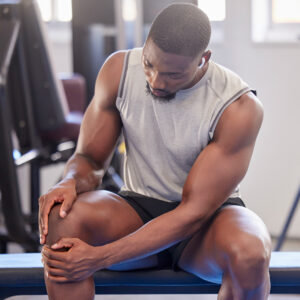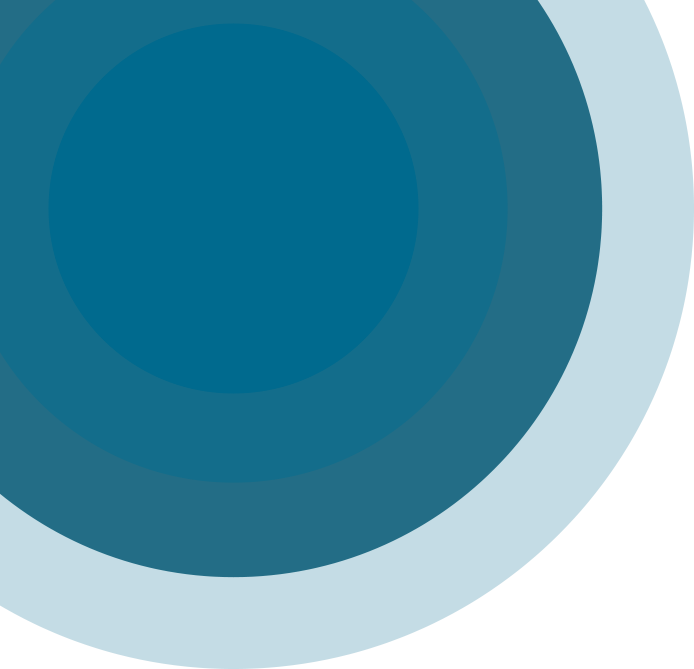How to Treat Delayed Onset Muscle Soreness
 Delayed onset muscle soreness (DOMS) is a condition that many experience following strenuous physical activity, particularly at the start of a new exercise regimen or when intensifying workouts. It’s not merely a discomfort but also a signal from your body that it’s adapting to the demands being placed upon it.
Delayed onset muscle soreness (DOMS) is a condition that many experience following strenuous physical activity, particularly at the start of a new exercise regimen or when intensifying workouts. It’s not merely a discomfort but also a signal from your body that it’s adapting to the demands being placed upon it.
Whether embarking on a new fitness journey or amping up your regular workout, DOMS is often an inevitable companion. To help you better understand, manage, and prevent DOMS, our sports medicine specialists share nine tips to help you optimize your recovery and stay on track with your exercise plan.
1. Gradual Progression
Starting a new exercise routine demands patience and gradual increases in intensity. While it may be tempting to dive headfirst into intense workouts, it can worsen DOMS. Choose a slow, steady progression, giving your muscles time to adjust to higher demands.
You can do this by incrementally increasing exercise intensity and duration, establishing a sturdy foundation for lasting progress while reducing the risk of excessive soreness and injury.
2. Warm-Up and Cool Down
A proper warm-up and cool down are not to be overlooked. These bookend practices are crucial for priming your muscles before a workout and aiding their recovery afterward.
Prioritize dynamic stretches and light aerobic activities before your workout to prepare your muscles for action. Post-workout, use static stretches to enhance flexibility and encourage blood flow, facilitating the repair process and reducing the severity of DOMS.
3. Hydration and Nutrition
The key to your body’s recovery and repair lies in maintaining proper hydration and nutrition. Make sure you’re hydrating adequately to support optimal muscle function and recovery. Additionally, a well-rounded diet rich in protein can aid in muscle repair. Anti-inflammatory foods such as berries and fatty fish can also help reduce soreness and fuel overall recovery.
4. Active Recovery
Don’t underestimate the power of active recovery days in your routine. Incorporating low-intensity activities such as walking, swimming, yoga, or cycling on your rest days can promote blood circulation, which aids your recovery without adding excessive stress to already sore muscles.
5. Foam Rolling and Massage
Stimulating blood flow and reducing tension, foam rolling, and self-massage therapeutic techniques can provide immediate relief and accelerate the recovery process, empowering you to rebound with enhanced resilience. Learn more about stretches you can incorporate into your workout at home and at the gym, including foam roller stretches.
6. Ice and Heat Therapy
Harness the power of contrast therapy by alternating between ice and heat applications to manage inflammation effectively. Ice can constrict blood vessels, reducing immediate post-exercise swelling, while heat promotes blood flow and muscle relaxation. Use these therapies in short intervals of 15-20 minutes to optimize recovery.
7. Over-the-Counter Pain Relief
Readily available pain relievers such as ibuprofen or acetaminophen can provide temporary relief from DOMS, but they should be used cautiously and sparingly. Frequent reliance on these medications could worsen underlying conditions or lead to adverse effects over time. Before incorporating them into your routine, seek guidance from a healthcare expert.
8. Adequate Rest
Ensuring adequate sleep is essential for both muscle recovery and overall health. Strive for seven to nine hours of sleep each night to give your body ample time to repair and strengthen muscle tissue. Quality rest doesn’t just aid in physical recovery; it also boosts overall well-being, setting you up for optimal performance in all aspects of life.
9. Consult an Orthopedic Specialist
Successfully addressing delayed onset muscle soreness requires a comprehensive strategy that integrates intelligent training methods, proper nutrition, and effective recovery techniques – all of which an orthopedic specialist can help you address.
Don’t let delayed onset muscle soreness or a sports-related injury sideline your fitness. Orlin & Cohen’s team of top-ranked orthopedists includes fellowship-trained sports medicine specialists who are ready to help you get back in the game. Request a same-day appointment.



